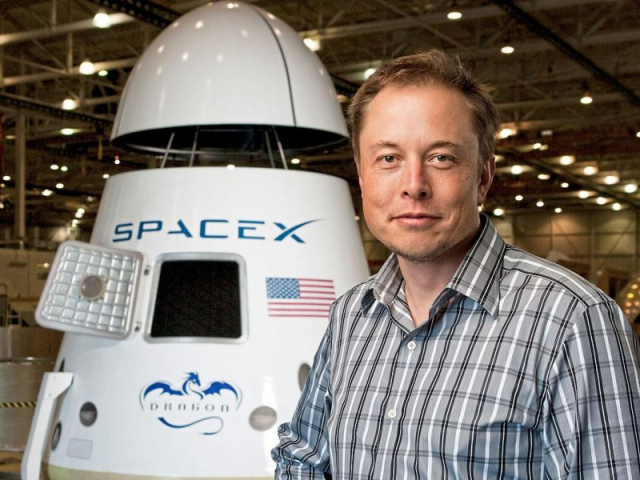
SpaceX
According to experts, SpaceX, the brainchild of Elon Musk, is the leader in terms of funding and profits in the space industry. The company designs and manufactures rockets, rocket engines, as well as space satellites. SpaceX is also engaged in delivering cargo to the space station and launching manned aircraft. The company’s first Falcon 1 rocket was fired in 2006. For 10 years, SpaceX has been participating in NASA's Commercial Crew Program, which delivers astronauts to the International Space Station. In 2015, its Crew Dragon spacecraft successfully delivered two astronauts, Douglas Hurley and Robert Behnken, to the ISS. In 2016, SpaceX signed a contract with the US Air Force to develop national security space satellites. In 2018, the firm launched the Transiting Exoplanet Survey Satellite, a space telescope designed to search for exoplanets. A year later, as part of the Starlink project, SpaceX succeeded in sending a batch of 60 satellites to orbit. The project aims at providing global high-speed internet access. Apart from that, Elon Musk plans to land humans on Mars in 2026.
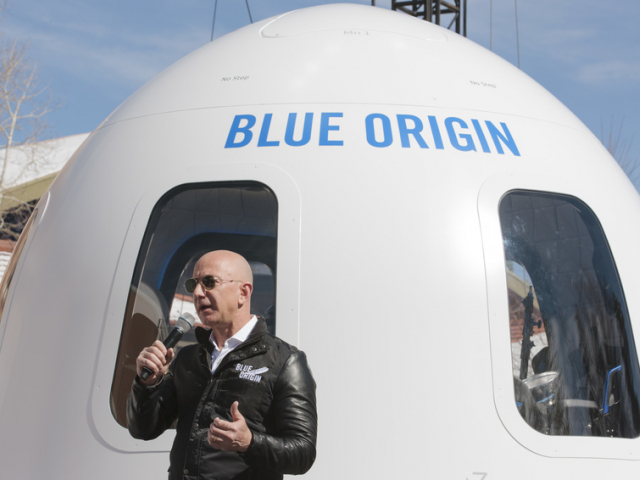
Blue Origin
Blue Origin is considered to be the second major player in the space industry. The company was founded by Jeff Bezos, the head of Amazon. The main goal of the company is to send tourists to the edge of space. Since 2006, Blue Origin has been developing and testing spacecraft such as New Shepard, New Glenn, and Blue Moon. In 2017, the firm launched the satellites of TV provider Eutelsat and Internet provider OneWeb. Last year, Blue Origin, along with SpaceX and Dynetics, was picked by NASA to develop spacecraft for landing its astronauts on the lunar surface. However, in 2021, SpaceX won a $2.89 billion contract, and the two other firms in the race filed protests against NASA. As a result, the agency had to suspend the project. Over the past 15 years, Blue Origin has conducted 15 successful launches of its own rockets, with the last one in April this year. In July 2021, the company plans to deliver passengers to suborbital space.
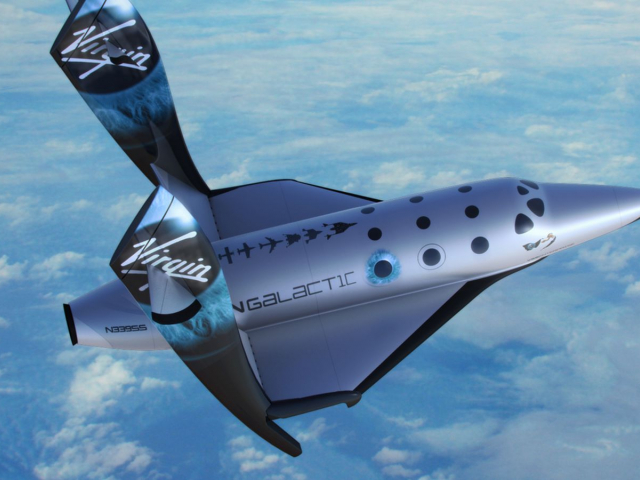
Virgin Galactic
The third place on the list of the top global space companies is occupied by Virgin Galactic, the brainchild of British entrepreneur Richard Branson. The company was originally created for tourist orbital and suborbital flights. Currently, Virgin Galactic is engaged in testing its SpaceShipTwo spacecraft system. Besides, the firm has the Virgin Atlantic GlobalFlyer, a single-engine jet for a nonstop flight around the world, and the SpaceShipThree vehicle. Eleven years ago, Virgin Galactic created the world's first purpose-built commercial spaceport named America. This year, Virgin Orbit, its subsidiary, launched ten microsatellites as part of the NASA program, using a modified Boeing 747 and LauncherOne, a two-stage orbital launch vehicle. Branson intends to launch the first orbital flight at the end of 2021. In 2022, he plans to begin passenger flights, with each ticket sold at between $200,000 and $250,000.
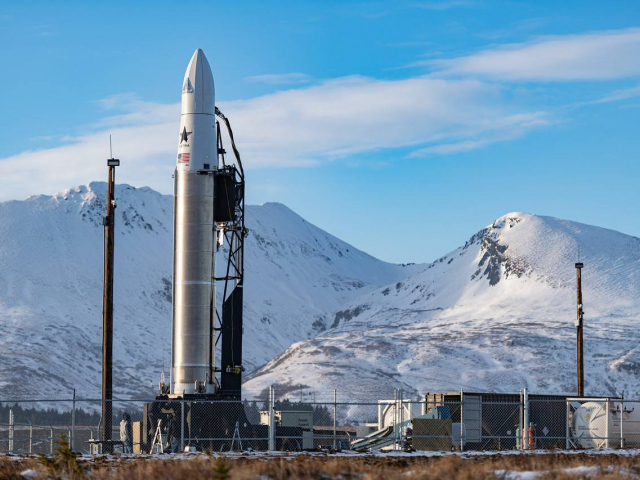
Astra Space
The fourth company to benefit from space exploration is Astra Space. Founded in 2005, the firm develops space technologies for NASA and the US Defense Advanced Research Projects Agency (DARPA). Astra Space manufactures rocket engines and launch vehicles, as well as aircraft for launching them. In December 2020, the company successfully launched its first Rocket 3. Currently, Astra Space is working on creating rockets and sending them into space.
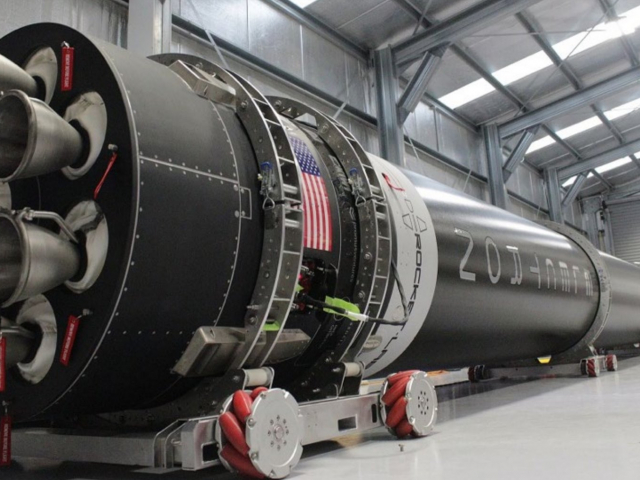
Rocket Lab
US company Rocket Lab founded in 2006 closes the top 5 leading companies in the space industry. It specializes in the development of light launch vehicles designed to deliver cargo to orbit satellites. The company cooperates with NASA. In terms of the number of launches, it is second only to SpaceX. Rocket Lab has its own launch sites: LC-1 in New Zealand and LC-2 in the United States. For these purposes, the aerospace corporation created Electron, an ultralight launch vehicle. One of the key innovations developed by Rocket Lab is Photon, an interorbital space tug designed to launch microsatellites. The company is currently developing Neutron, a medium-lift two-stage launch vehicle, like Falcon 9. Its first flight is scheduled for 2024. The Neutron rocket will serve to deliver satellites and cargo weighing between 1.5 to 8 tons to the Moon, Venus, as well as Mars. In the future, it is planned to be used for manned flights.
 Deutsch
Deutsch 
 Русский
Русский English
English Bahasa Indonesia
Bahasa Indonesia Bahasa Malay
Bahasa Malay ไทย
ไทย Español
Español Български
Български Français
Français Tiếng Việt
Tiếng Việt 中文
中文 বাংলা
বাংলা हिन्दी
हिन्दी Čeština
Čeština Українська
Українська Română
Română
